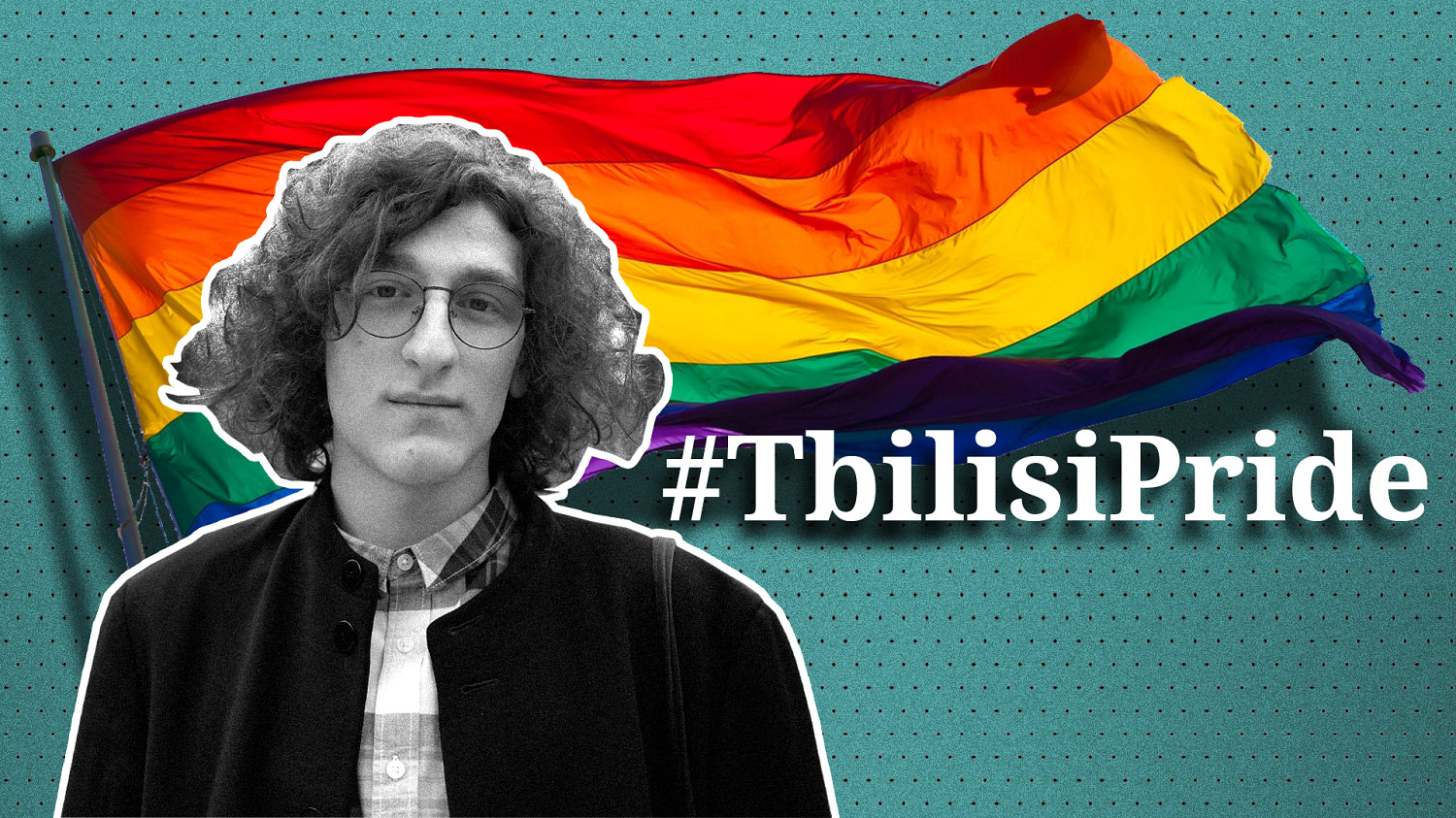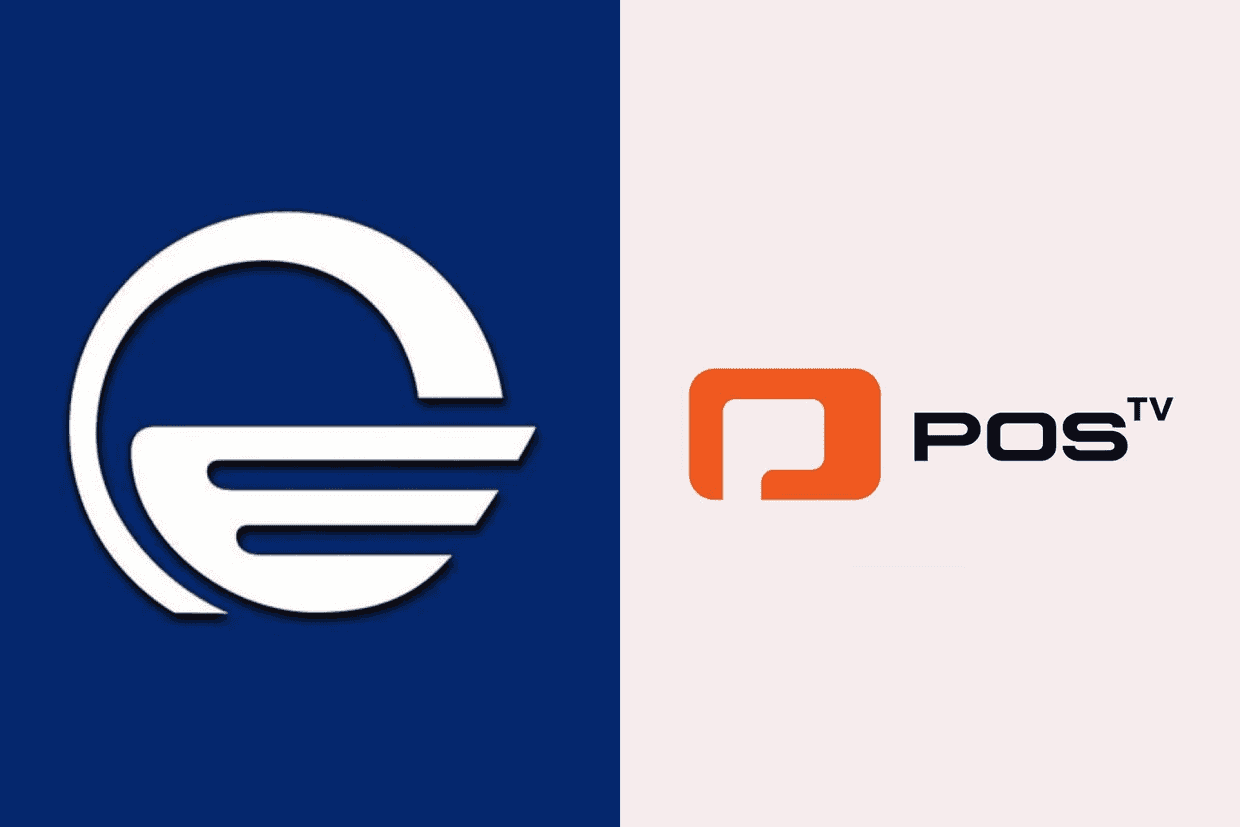

With its focus on personal freedom, Tbilisi Pride fits well into a liberal system in which queer people are used as tools in bigger political games and social solidarity is fast eroding. There can be no equality in Georgia as long as this system stands.
Over the past months, Georgia’s queer community has been debating Tbilisi Pride, which is to be held later this week. When someone asked, ‘what about what left-wing queer people have to say’, one of the Pride’s organisers replied, ‘it doesn’t matter who says what this year’.
As a left-wing queer person, I feel I need to speak out about why Tbilisi Pride is a bad idea.
My sexuality and gender aren’t the only identities I have. Like anyone else, I have many identities — be they chosen or imposed — but none of these identities alone defines me as a person. Proponents of identity politics say that there is always one dominant identity that determines our politics. For me, it is nothing less than dividing society to serve the current liberal, extremely individualistic system. It’s a degradation of other identities for the sake of others.
This has already happened in Western Europe and the US, where society has been torn apart, solidarity between different groups is vanishing, and the path to real progress has become narrower than ever before. This is all because these different groups decided to fight for their rights only.
Cultural oppression is a tool of the liberal system and it’s impossible to end it without first ending economic inequality. Any discussion about freedom turns absurd and illusory if it excludes a discussion about each individual’s economic independence and welfare with free or affordable healthcare, public education, public housing, and protection of labour rights.
All this doesn’t mean that queer issues should be put aside and we should wait to deal with them until the socio-economic situation improves. Such a sentiment is often voiced on the left and I find this both wrong and homophobic.
My criticism of identity politics isn’t the main reason I’m against Tbilisi Pride, but it had to be mentioned. There are also problems with the concept of pride in general. It has lost its protest roots and has become a commercialised ‘joyful’ day that benefits corporations rather than people. Today’s pride doesn’t bring any social or economic change to the queer community. This is still a very Western context, but here is how it relates to Tbilisi Pride.
Understanding the local context is the key, but I feel that the organisers of Tbilisi Pride lack this understanding. Tbilisi in 2019 is not New York in 1969 and things like the Stonewall Riots, which were a grassroots phenomenon rather than something imposed by several activists, won’t happen here. What is more relevant is the cancellation of marking the 2018 International Day Against Homophobia, Transphobia, and Biphobia (IDAHOT) due to the far-right threat, but this is a lesson that hasn’t been learnt.
[Read on OC Media: Queer rights activists cancel Tbilisi 17 May demonstration after ‘threats from far-right groups’]
The local context is the following: there is widespread resentment toward queer people in Georgian society and far-right groups (such as Georgian March and the Alliance of Patriots Party) have been growing stronger, using homophobia to gain more influence and legitimacy. On the other side, there are pseudo-supporters (such as opposition parties European Georgia and Girchi, and liberal NGOs) who use LGBTQ rights instrumentally to gain support from the ‘progressive’ part of our society.
Given this, Tbilisi Pride will be a battlefield for these two groups where both will take advantage of the queer community to advance their own goals. Queer people won’t benefit from this and everyone’s attention will once again be diverted from the real problems — poverty, economic and social inequality, air pollution, a deficit of democracy, the crisis in the judiciary. Conservatives have been protesting for years against a mythical ‘gay parade’ that no one wanted to hold in Georgia anyway. Pride is like a gift to them.
There is also the issue of the state acting as the arbitrator — the very state that does virtually nothing to make queer people’s lives better on the other 364 days of the year. It is wrong that the police, which is an oppressive institution, will protect one group of people from another, although on other days they share the same public space. It will allow the government to wear the heroic mask of a pro-European progressive which allows marginalised people to walk in the streets, while in reality, both groups will only be tools in the hands of much bigger players. These people will confront each other instead of fighting against the real enemy — the corrupt and oppressive business and political elites.
The organisers of Tbilisi Pride have also tried to appear ‘apolitical’, which for me does nothing more than leaving it within the frame of the dominant neoliberal system. Tbilisi Pride isn’t challenging the system with its commitment to identity politics, lack of understanding of the local context, and its message box focused on individual responsibility, pride, and freedom.
It also makes people who aren’t brave enough to take to the streets seem weak. A similar story happened last year; after queer rights activists cancelled their annual IDAHOT rally, several activists, including some of the organisers of Tbilisi Pride, decided to hold a rally anyway, teaming up with the ‘progressive’ political parties and NGOs that I mentioned above. This liberal elite was trying to preach to my community with a quote by one of the US Founding Fathers, Benjamin Franklin: ‘Those who would give up essential liberty to purchase a little temporary safety, deserve neither liberty nor safety’.
It shows how wrong it is to think that Georgia’s LGBTQ+ community is uniform. Our unity is illusional and absurdly enough, I often find more unity and shared points with heterosexual socialist feminists, than with a liberal gay or transgender man. I’m even shocked by how Tbilisi Pride’s organisers chose to adopt the word ‘queer’ as an umbrella term for LGBT+ people. It’s more than that: it has a political aspect and was born from a criticism of the liberal gay liberation movement.
Finally, queer activism in Georgia is mostly not a grassroots movement, as it was once in Western Europe and the US, but a top-down phenomenon tightly connected to the NGO sector and donor community. In the case of Tbilisi Pride, it was organised suddenly and without consulting with the queer community about it, although it will be this very community that will be most affected by the Pride.
Notice how hate crimes against non-hetero and non-cisnormative people always increase in May — it’s because of IDAHOT. Tbilisi Pride is likely going to have the same effect. So why do a few activists decide on such an important issue and why does the community learn of their decision once it’s already been made?
When called out, the organisers can’t give any convincing arguments in defence of the Pride march and they just keep repeating that demonstrating is a tool that we should use. To me, pride seems to be less like a tool but a goal in itself. And I don’t think that holding the Pride and winning the public space for a day is more important than the health, safety, or even life of queer people.
The visual side of Tbilisi Pride is also very telling. Its main symbol is a Kinto — low-class traders and entertainers in 19th century Tbilisi whose culture gave rise to the traditional Georgian comic kintouri dance — with the rainbow flag. Kintos gained some media and queer attention recently due to research that claimed that homosexuality was common in their community and was tolerated by society. The author of the research, Shorena Gabunia, argues that this ‘tolerance’ is not difficult to explain: high-class society simply didn’t care about the practices of excluded and marginalised people. Kintos were also often used as prostitutes.
To hold a pride in the Georgia of 2019 is a utopian idea. I like how philosopher Herbert Marcuse defines utopia — an initiative which society is unwilling to accomplish. Tbilisi Pride is this kind of an initiative. It needs a willingness that existed in Western Europe and the US in the 1960s and which was a consequence of even earlier activism. This willingness is not present in Georgia today and last year’s IDAHOT is hard proof of this. If there is no willingness, there can be no social change.
The timing for Tbilisi Pride is wrong and it will only make LGBTQ people’s life harder and make Georgian society even more polarised.
[Read on OC Media: Opinion | Tbilisi Pride is a test for Georgia’s democracy]
The opinions expressed in this article are author’s alone, and do not necessarily reflect the views of OC Media’s editorial board.








